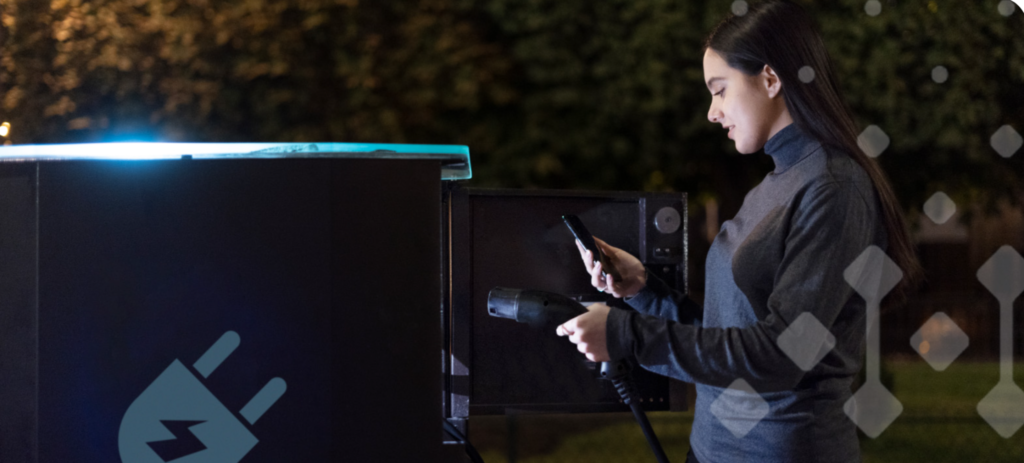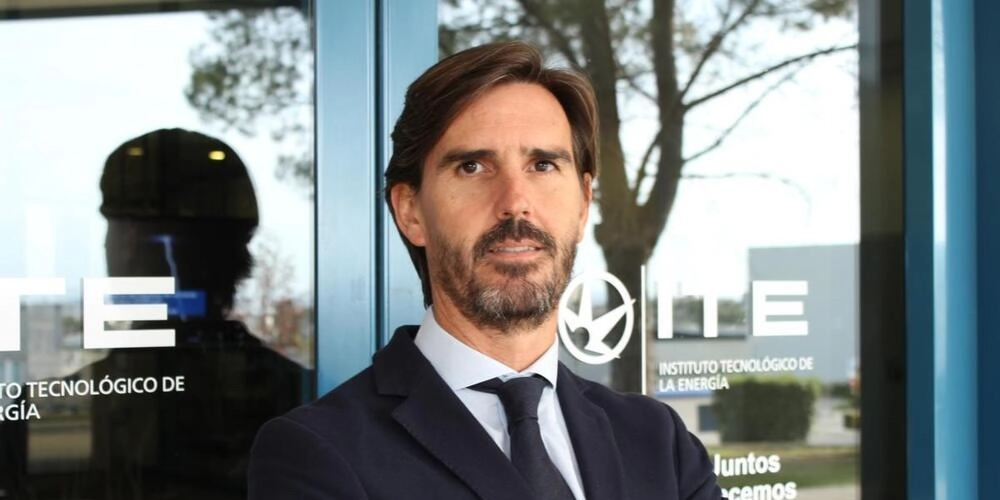As the eMobility transition progresses, the demand from electric vehicle users is steadily increasing, accompanied by innovations in the charging sector.
An accessible, reliable, secure, and fast infrastructure is essential to encourage the purchase of zero-emission vehicles.
In this context, the Energy Technological Institute (ITE) is dedicated to seeking solutions that not only facilitate but also continually improve that experience.
But what does the concept of Smart Charging entail?
“It is a system capable of defining how, when, and in what way it is most cost-effective for the user to charge their EV,” explains Ignacio Casado, Marketing and Communication Manager at ITE.
In a conversation with Mobility Portal España, the expert asserts that the goal of this pilot is to minimize the total cost of charging and optimize the system, both from the perspective of electricity consumption and user experience.

This approach promotes sustainability as it depends on the renewable energy generation environment, which may be associated with the network itself.
This technology aligns with the trend to respond to the growing demand for faster and more efficient charging processes.
Based on the type of vehicle, its arrival method, and the time of day or period, the system will make decisions to determine the fastest, most efficient, and cost-effective way to recharge.
Additionally, it enables scheduling charges, incorporating intelligence, and adapting refueling to network constraints or facility prices.
Currently, this sustainable mobility pilot is in a phase of analysis and data collection.
However, in 2023, ITE achieved a milestone by becoming the only Spanish company to obtain OCPP 2.0.1 certification.
This certification provides a standardized solution for communication between electric vehicle charging stations and the station management system (CSMS).
It ensures that drivers can charge their cars at various locations, regardless of the manufacturer, without facing compatibility issues.
What advantages does this protocol offer to Charge Point Operators (CPOs)?
It not only optimizes transaction data control but also provides an additional layer of security, elevating the charging experience to a higher level.
It also improves the presentation and messages directed at customers, facilitates the management of charging devices, ensures faster internet connectivity, and contributes to reducing operational costs.
Its integration capability with ISO 15118 standard solidifies this offering.

ITE’s achievement is part of the iMoLab project
The goal of iMoLab is to establish a smart mobility laboratory through coordinated R&D action, allowing the development of prototypes and demonstrators in the facilities of the Technological Institutes.
This center enables interaction with charging stations implementing the OCPP protocol in its 1.6 version (JSON), thus providing smart charging.
This system involves collaboration among elements of the electric vehicle network, charging stations, and charging operators, sharing data connections and accessing specific details.
Derived benefits include economic savings, emission reduction, and the guarantee of not exceeding contracted power.
The project is funded by IVACE and is a collaborative initiative among technological institutes in the Red de Institutos Tecnológicos de la Comunidad Valenciana, REDIT.
Results obtained in 2023 demonstrate significant progress in research, with the development, validation, and implementation of Smart Charging techniques, as well as the use and validation of the OCPP v1.6J protocol for intelligent charging and system interoperability.
Furthermore, the Smart Charging mobility hub has been launched, complementing a trajectory that exceeds 30 years of experience.
To learn about the latest developments in electromobility in Spain, visit Mobility Portal España.








